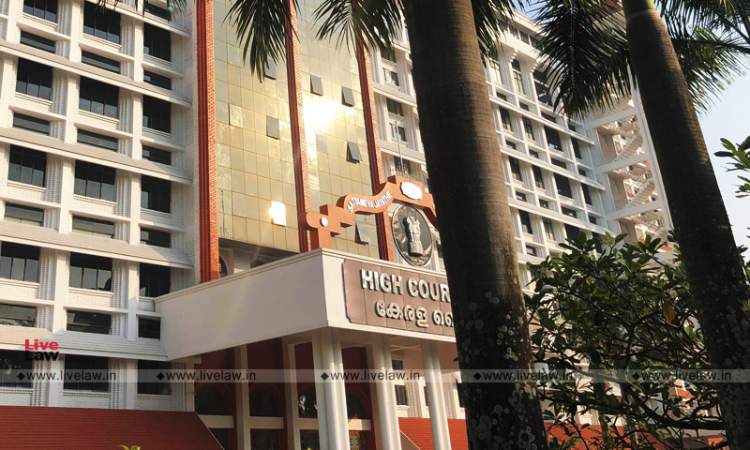Open Source Programmer Moves Kerala High Court Against IT Intermediary Rules 2021
Lydia Suzanne Thomas
10 April 2021 8:39 PM IST

Next Story
10 April 2021 8:39 PM IST
On Friday, a free-and-open-source (FOSS) programmer moved the Kerala High Court challenging the Information Technology (Intermediary Guidelines and Digital Media Ethics Code) Rules, 2021 (the Rules). A Bench of Justice PV Asha took up the petition on Friday and asked the Office for the Assistant Solicitor General to take instructions from the Union government in respect of the...
